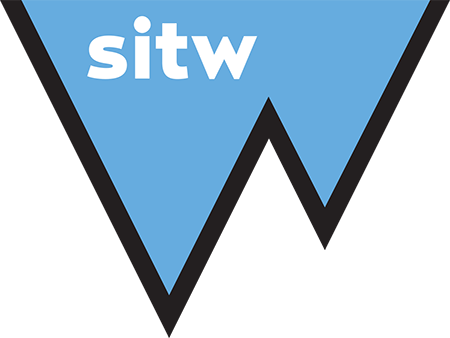“I was a Westie for a week,” explains Gaby Gonzalez-Olimón, Semester in the West’s Sonoran Institute host and guide while in Mexico. Two years ago Gaby was interning as a wildlife biologist in Grand Canyon National Park when she met Semester in the West students and staff through a bison-surveying project on the North Rim. Gaby grew up in Baja California and when the planned Spanish translator for the program’s Mexico section fell through, program director Phil Brick hired Gaby as the new translator. Gaby drove from the Grand Canyon to Mexico to live and work with a group she had previously only known for a couple days. Once in Mexico, Gaby interfaced with the Sonoran Institute, a nonprofit organization working in the United States and Mexico to connect communities with their natural resources and preserve wildlife and habitat. The Colorado River Delta Program of the Sonoran Institute was so impressed by Gaby they created a new position, Environmental Education Coordinator, just for her. Gaby develops and implements environmental education programs and community workshops on restoration in the Colorado River Delta area. She loves to take students and kids out into nature. Many of these kids have lived their whole lives in urban areas and are initially terrified and brought to tears by the unfamiliarity of nature. As an honorary Westie, Gaby’s advice to Semester in the West students is to “network and keep in touch with the people you meet.”
By Hannah Trettenero



